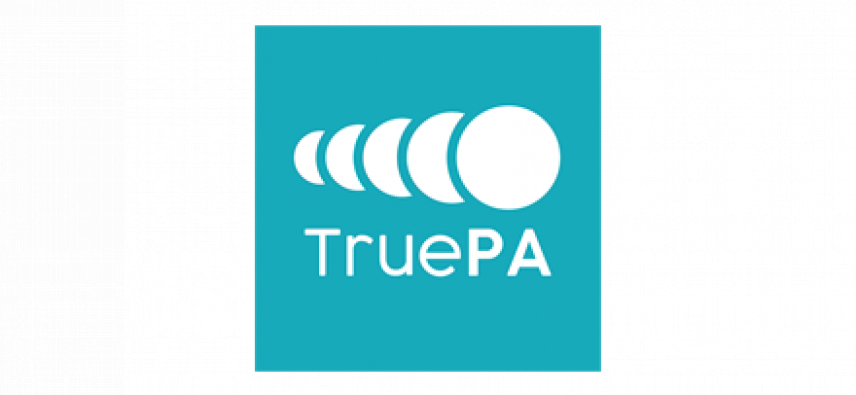Developing the next generation of parametric amplifiers for quantum technologies is the aim of the EU-funded project TruePA (Truly Resilient Quantum Limited Traveling Wave Parametric Amplifiers) which recently started.
Researchers from theoretical and experimental physics are collaborating in the TruePA project to make key advances in the development of parametric amplifiers. These so-called TWPAs (Traveling Wave Parametric Amplifiers) are key components for (future) quantum technologies and of crucial importance for fundamental research in the context of the readout of weak electromagnetic signals in the microwave range.
"There is still significant room for improvement in TWPAs; for example, they would need to be more resilient to magnetic fields, quantum limited, and fully nonreciprocal. With TruePA, we are laying the theoretical and practical foundations for these improvements, and our industrial partners will be able to directly develop new applications from the research results," says Professor Anja Metelmann from the Institute of Quantum Materials and Technologies at KIT, who is coordinating the project.
The project's approach integrates novel circuit designs and the use of advanced superconducting materials, combined with new characterization methods based on quantum optics techniques. The outcomes of TruePA will highly advance the field of quantum-limited amplifiers providing novel insights into decoherence mechanisms in superconducting circuits and boosting microwave amplification performance in basic science research fields such as quantum information with solid state platforms, astronomy and dark matter search.
The international consortium consisting of seven partners from five European countries, including renowned research institutions, universities, and industrial partners, met at KIT in early February to start work on the project. The EU is funding the KIT-coordinated project with a total grant of 3 million euros over a period of 3 years.
Further information on the project can be found at www.truepa.eu.


